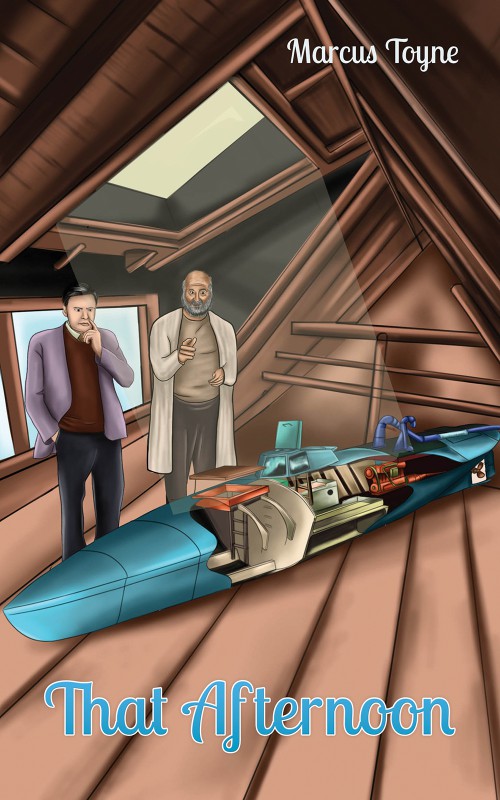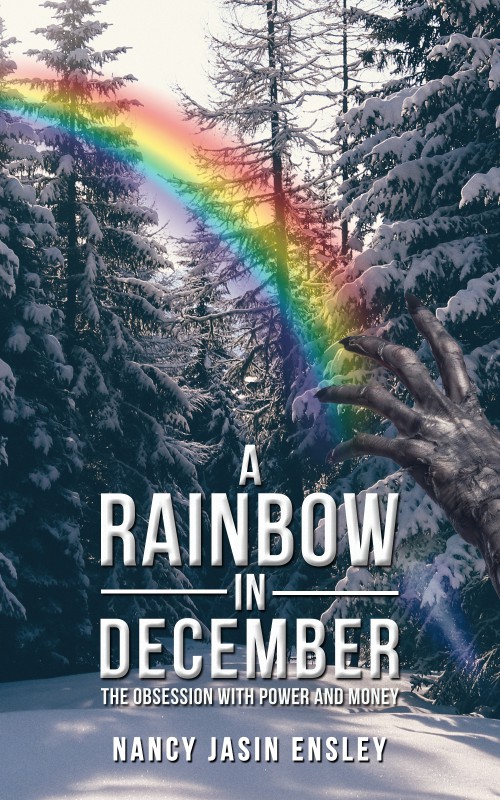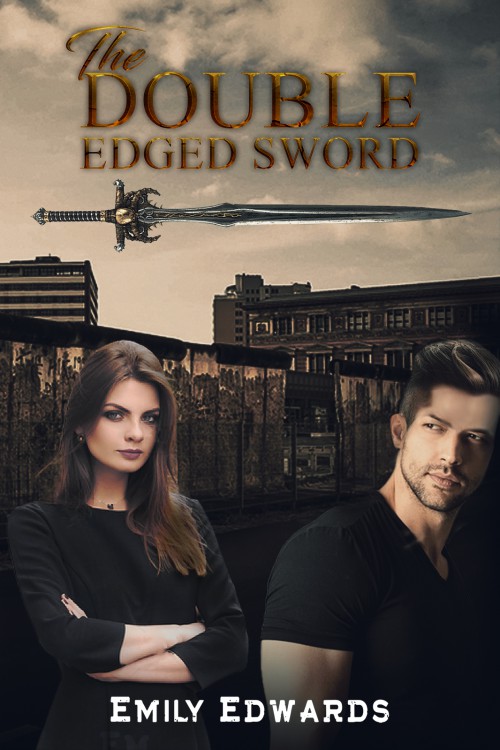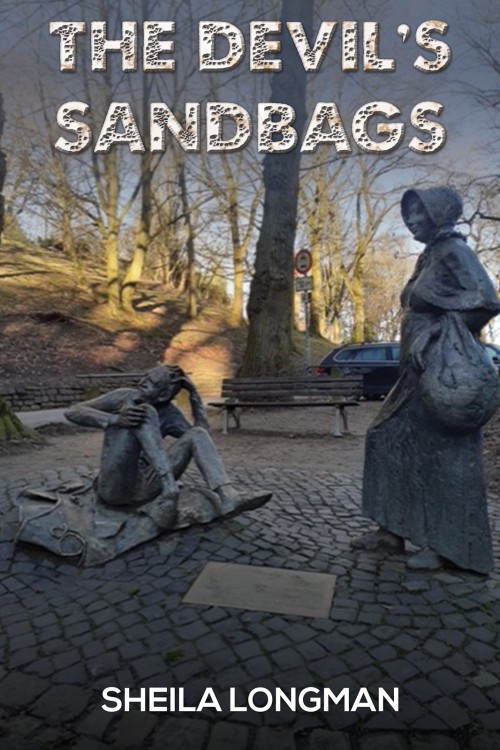Michael Talbot has spent the last twenty-five years working at the tax office, where he is known ironically to his colleagues as Old Sunbeam. Behind the mask of surly efficiency, Michael is in fact a highly sensitive person who was once a charming and lively little boy of six, until the terrible day when his mother unaccountably disappeared, leaving him to the mercies of his father, Eric, a bully of a man with little sympathy for children who indulges his boisterous sense of fun at his son’s expense. Despite this profoundly unsatisfactory relationship, Michael remains attached to Eric in a dutiful slavish sort of way, continuing to meet him occasionally for lugubrious drinks. And so life might have continued indefinitely until early one morning the phone shrills with a frightening message from the local hospital, galvanising him into frenzied and panic-stricken action and launching him into an extraordinary and terrifying adventure. Michael freely admits that his description of this adventure beggars belief, but however real or unreal it may have been, it has freed him from the stranglehold of the past, so that at last he can move forward into fulfilment in a future full of promise.











